Lower your carbon footprint, save energy, and help the environment
Here are 12+ actions for sustainable individuals:
Use Energy Star Appliances and other Smart Appliances
 Appliances receive an Energy Star mark that are proven to be more energy-efficient than conventional appliances.
Appliances receive an Energy Star mark that are proven to be more energy-efficient than conventional appliances.
The Energy Star label is used on a wide range of appliances and products; indicating to the consumer that the item in question will reduce energy consumption when compared to items not carrying the label.
Energy Star appliances require less energy and some also have the option to shift into a smart energy-saving mode when needed to provide even more energy savings. Many products have additional sustainable requirements that must be met in order to receive the Energy Star mark.
Consider a smart thermostat, smart HVAC, and other smart, wi-fi enabled appliances that help you conserve energy in the home.
Use Energy-Efficient Lights

Consider using energy-efficient LED or CFL lights when you can. LEDs and CFLs are more energy-efficient, in addition to being more cost-efficient, than incandescent lights.
New LED bulbs will last many times longer than incandescent bulbs (data on LED longevity is on Bulbs.com). New LED bulbs can last anywhere from a few years to over 10 years.
Energy-efficient bulbs have the environmental benefits that come with reduced energy use. LED and CFL lights are gaining popularity not just because they can save on utility bills but because they are much better for the environment.
Recycle
 Set up recycling at home, if you’ve been using the regular trash only. Recycle whenever you can, at home, at work; wherever recycling is available.
Set up recycling at home, if you’ve been using the regular trash only. Recycle whenever you can, at home, at work; wherever recycling is available.
Consider multicolored recycling bins if available from your municipality, or locate your local recycling center. Visit it to see how many different categories of goods you can recycle.
Yes, you’ve probably been recycling your soda cans and milk jugs for decades, but did you know (in many locations) you can recycle batteries, TVs, mobile phones, computers, a wide range of other tech items, and even many metal goods?
There are even options for recycling or donating appliances.
As an alternative to recycling, you can also repurpose mobile phones as well as a wide range of goods. Instead of sending a product to the landfill, consider the available reuse options. Additionally, try alternative ways to reduce the amount of paper products you use; such as by using cloth towels more often, and other unique ways to save paper (such as choosing digital media content).
Reuse Water Bottles & Mugs
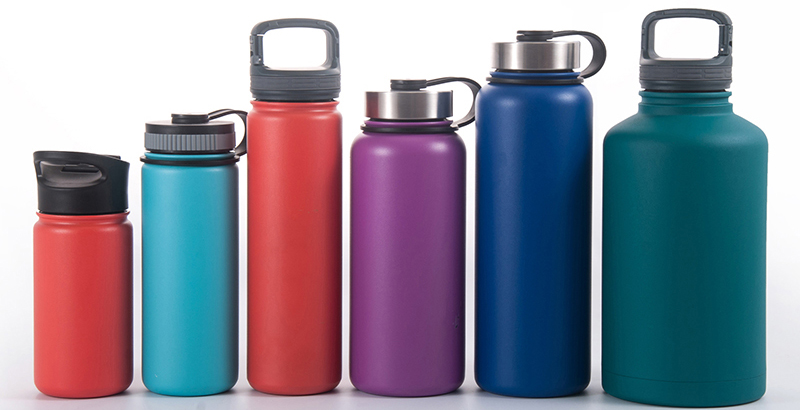
Consider getting in the habit of using reusable mugs, thermoses, sports bottles, etc… daily. If you’re refilling it with water, tea, coffee, or juice, over and over again, just wash it out & reuse it.
Plastic disposable water bottles, and paper or plastic beverage cups, just end up in landfills (unless they are recycled). Styrofoam cups aren’t biodegradable or recyclable and remain in the environment for hundreds of years.
Cutting down on the number of cups you throw away is a great way to conserve resources.
Donate Food/ Start Composting
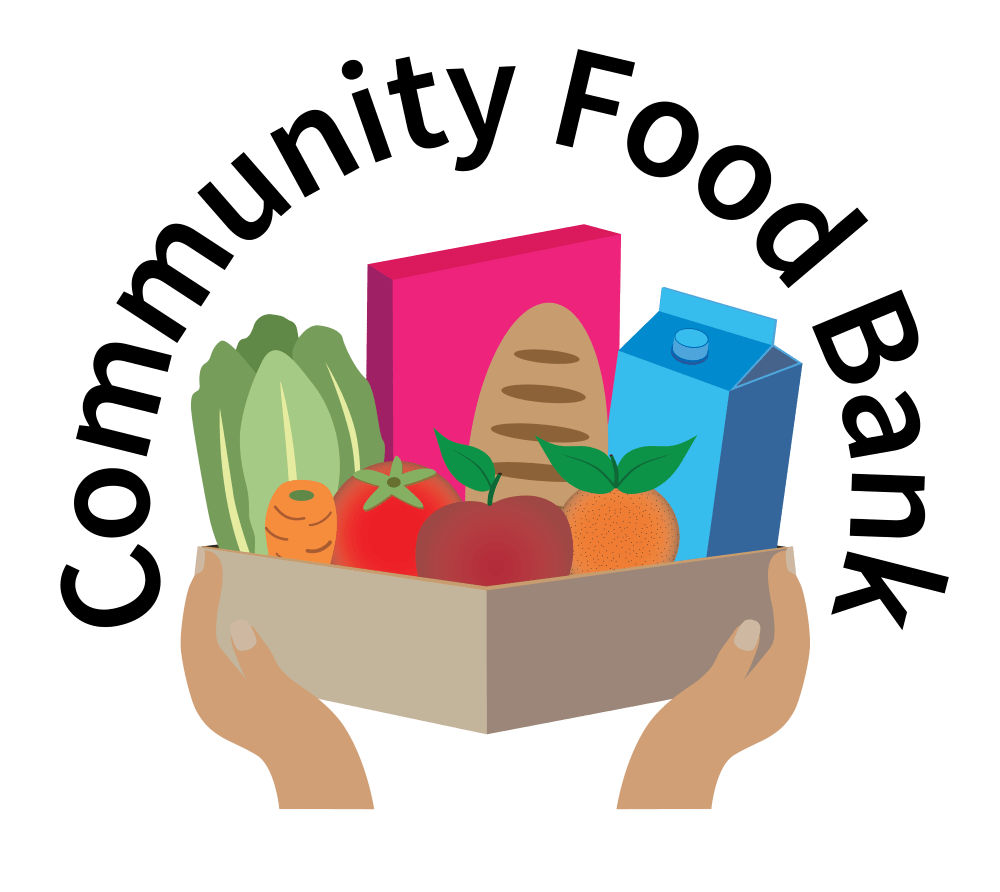 A good thing to do with potentially wasted food is to donate your excess food to a local community food bank, homeless shelter, non-profit, or church.
A good thing to do with potentially wasted food is to donate your excess food to a local community food bank, homeless shelter, non-profit, or church.
We create an incredible amount of natural food waste through peels, shells, grounds, leftovers, etc… Instead of tossing all of that potentially useful food waste in the trash, consider starting a compost pile and recycling it through your municipal compost facility, putting it separate compost trash bin (if available in your city), or in your own yard/ garden.
Grow a Garden
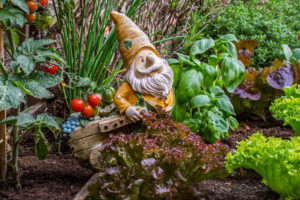 The planet likes it when you grow things. Gardening is a great sustainable practice. Plus, you can’t beat home-grown tomatoes or herbs.
The planet likes it when you grow things. Gardening is a great sustainable practice. Plus, you can’t beat home-grown tomatoes or herbs.
Consider a smart irrigation system.
“Smart irrigation systems are a combination of an advanced technology of sprinklers with nozzles that improve coverage and irrigation controllers that are watering and water conservation systems that monitor moisture-related conditions on your property and automatically adjust watering to optimal levels.”
[quote from – loveyourlandscape.org/water-smart-landscaping/smart-irrigation]
BYOB
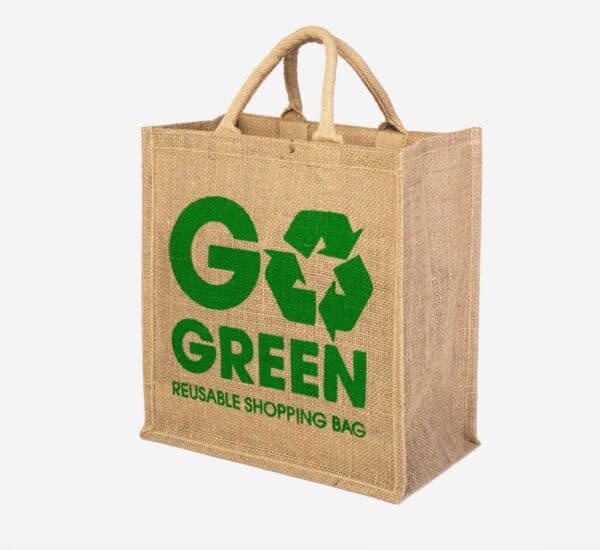
Bring your own bags to the grocery store to reduce the number of plastic bags floating around and in landfills.
Materials for reusable shopping totes include bamboo, natural fibers, synthetic fibers, other fabrics, and canvas.
Ideally, use the eco-friendly choice – shopping totes made of natural fibers or bamboo when grocery store shopping (or at the farmer’s market).
If you do use those free bags at the grocery, recycle the plastic or brown grocery bags in designated bins at your grocery store, or save them up at home and recycle them at the appropriate mixed paper/ mixed plastic dumpsters at your local recycling center.
Conserve Water
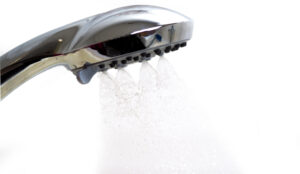
Install low-flow toilets, showerheads, and faucets, where you can.
Consider installing a smart irrigation system for your garden.
Save water by running faucets only when you really use water.
Check for leaks throughout your residence, and make repairs as necessary.
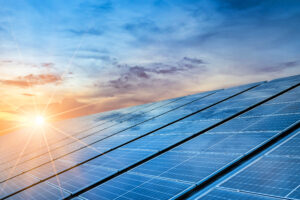
Rooftop solar panels/ solar arrays for residential properties have been steadily decreasing in price while increasing in efficiency.
If you’re not ready for solar panels on your roof, consider solar garden lights/ solar patio lights to get your feet wet.
Also, depending on your location, you might have community solar available in your neighborhood or a clean energy/ renewable power option available from your utility.
Cook Sustainably at Home
You can save energy and resources by dining in. Cooking food at home allows you to source sustainable ingredients and use less energy.
“Cooking sustainably is a great way to reduce your impact on the environment…Unlike dining out or buying prepared food — where there are many layers of sourcing, preparation and packaging that you can’t control — cooking at home allows you to make sustainable choices at every step of the process, from shopping for the most sustainable ingredients to reducing food waste as you cook.”
[quote from – foodprint.org/cooking-sustainably]
Unplug/ Use Smart Power Strips
Save energy by unplugging any appliances that you’re not using and that aren’t plugged into smart power strips; including electronic devices. Appliances and chargers that are plugged in can draw energy even when they’re not in use.
An energy-saving option for plugging in appliances and electronics is using smart power strips.
Buy Local
Consider going to a local farmer’s market or a local, organic market rather than a conventional grocery store for your produce, and trying a flea market for goods instead of conventional retail stores. You’ll be supporting local people and small businesses in the community.
Here is an infographic with some simple, effective, cost-efficient energy efficiency solutions:

Please see the “Ideas for a Greener Lifestyle” & “Energy Saving Ideas“ in the bottom section of this website for other sustainable living ideas including weatherizing your residence and using home energy management systems.
GCT trending tags
carbon footprint carbon neutral carbon neutrality circular economy clean energy climate change compost composting eco-friendly eco-friendly materials electric vehicles energy energy-efficient appliances energy efficiency energy star energy storage environmental footprint environmental impact environmentally-friendly global warming green building greenhouse gas emissions green roofs green spaces LEED Paris Climate Accord recycling renewable energy smart thermostat solar solar energy solar panels solar power sustainability sustainable sustainable agriculture sustainable construction sustainable materials sustainable practices sustainable transportation urban planning waste management water conservation wind zero-waste


Nice website keep it up!
nice blog sir! thanks for sharing